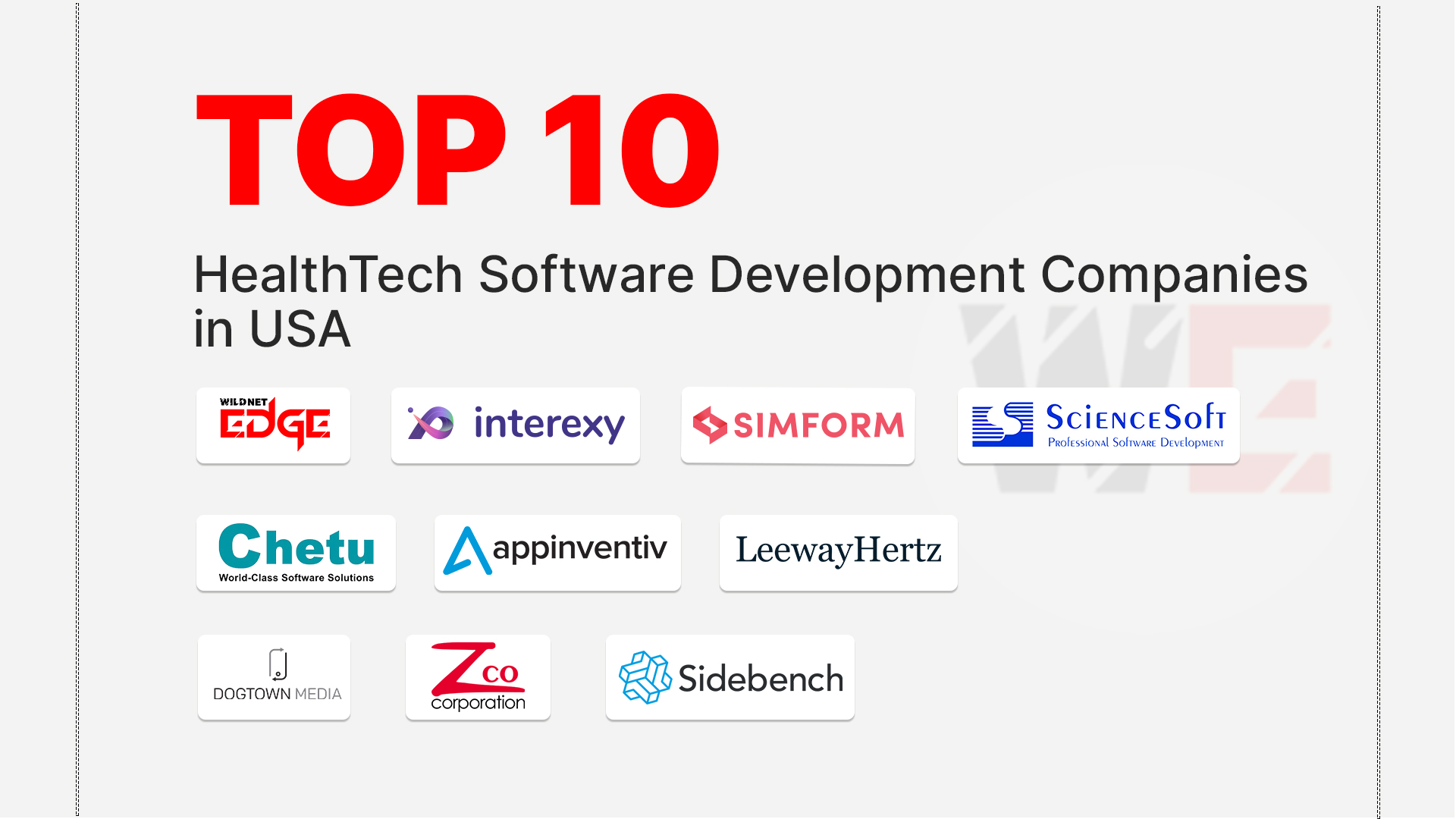Are you ready to embark on iot platform development? It’s a daunting task that requires careful planning and financial foresight. Budgeting can make or break your project, and overlooking key aspects can lead to unnecessary costs and issues. Have you considered all cost factors involved? In this guide, we’ll dive deep into the crucial aspects of planning and budgeting for iot platform development while equipping you with actionable strategies to ensure your project succeeds.
Understanding iot Platform Development Pricing
In the realm of iot platform development, understanding pricing is fundamental for any business leader or technical manager. The complexity and scope of features directly influence the overall development costs. It’s essential to grasp the factors that will affect these costs to avoid any unpleasant surprises.
Key Cost Factors in iot Development
Development Complexity: The features and capabilities of your iot platform significantly influence costs. Advanced functionalities, like predictive analytics, machine learning integration, and real-time data processing, can increase expenses.
- Technology Stack: The choice of technology stack — including programming languages, cloud platforms, and hardware requirements — plays a crucial role. Utilizing more advanced or specialized technologies often comes with higher development and maintenance costs.
- Team Composition: The size and expertise of your development team can greatly impact pricing. A larger team with specialized skills might yield better results, but it also translates to higher costs. Conversely, a smaller team may lack the expertise needed for complex projects.
- Integration Needs: Integration with existing systems or third-party services can introduce additional costs. Planning for the software interfaces and APIs that need to be developed or modified adds layers to your budget.
- Compliance and Security: Depending on your industry, compliance with standards like GDPR or HIPAA may be necessary. Ensuring that your platform meets these regulations adds to the overall cost of development.
How to Estimate iot Development Costs
Estimating costs for iot platform development involves thorough research and analysis. Here are some practical steps to get you started:
- Define Your Project Scope: Clearly outline the functionalities and capabilities you require. A well-defined scope prevents scope creep and allows for better cost estimates.
- Select a Pricing Model: Different models can significantly impact your budget. Most commonly used models include fixed-price contracts, time-and-materials agreements, or incentive-based pricing.
- Include All Costs: Remember to factor in not just development costs but also ongoing maintenance, support, and potential upgrades. It’s helpful to develop a comprehensive budget that considers the entire lifecycle of the platform.
- Consult Multiple Vendors: Reach out to different software development companies to gain insights into their pricing structures. This will give you a broader perspective on market rates.
- Use Cost Estimation Tools: Leverage tools like Toptal’s project estimation calculator or Planio’s cost estimator to get industry-standard estimates tailored to your project’s specifics.
Selecting a Software Development Company for iot
Choosing the right software development company for iot platform development is a vital step in ensuring both quality and efficiency. A well-qualified partner can help you navigate the complexities of project execution and delivery.
Comparing Options for iot Platform Development
When selecting a development company, consider the following criteria:
- Portfolio Review: Investigate the company’s previous projects. Look for similar iot solutions they’ve developed. Don’t hesitate to ask for case studies or references to validate their competence.
- Technical Expertise: It is crucial that the company has a deep understanding of the iot environment. Ensure they are knowledgeable about key technologies, including cloud computing, big data analytics, IoT protocols, and edge computing.
- Agile Methodology: Companies that utilize Agile project management can often deliver better results. Agile allows for iterative testing and refinement, which can help in adapting to any changes during development.
- Post-Development Support: Investigate the support and maintenance options after the initial development phase. A strong support system is critical for addressing issues that may arise post-launch.
Evaluating iot Development Expertise
To evaluate the expertise of a potential software development company, consider the following strategies:
- Certifications and Partnerships: Look for certifications in relevant technologies or partnerships with industry leaders. This can be an indicator of their commitment to quality and innovation.
- Industry Knowledge: A company familiar with your industry can comprehend specific challenges and requirements. Seek out providers with experience in sectors like manufacturing, healthcare, or logistics, where iot can dramatically improve efficiency.
- Client Testimonials: Reviews and testimonials can provide insights into a company’s strengths and weaknesses. Look on platforms like Clutch or G2 and seek feedback directly from previous clients.
iot Platform Development Pricing Models Explained
Different pricing models can lead to varied costs and deliverable quality during iot platform development. Familiarizing yourself with these options is essential for strategic budgeting.
Fixed Price vs. Time and Material Models
- Fixed Price Model: In this model, the development company estimates the project as a whole, and both parties agree on a specific price upfront. This can be beneficial if the project scope is well-defined, but it may limit flexibility if changes are needed during development.
- Time and Material Model: This model charges based on the actual time and resources spent, making it ideal for projects with changing requirements. However, the total cost can become unpredictable, so it’s essential to monitor progress closely.
When choosing between these models, assess your project’s needs, timeline, and complexity. If you anticipate significant shifts in project requirements, a time-and-material model may be more suitable.
SaaS vs. Custom iot Development Cost
Another key decision involves choosing between Software as a Service (SaaS) solutions and custom iot development.
- SaaS Solutions: These platforms often offer lower upfront costs and faster deployment times, as they are typically subscription-based and hosted in the cloud. However, ongoing subscription fees may accumulate over time, and the default features may not fully meet your specific needs.
- Custom Development: Building a custom iot solution from scratch allows total alignment with your business objectives. Though initial costs are higher, this investment can yield long-term benefits through tailored functionalities and control over updates and scalability.
Assess your reasons for pursuing iot development carefully to determine which approach best serves your goals. If your needs are unique or complex, consider custom development despite the higher initial cost.
The Role of a Mobile App Development Company in iot
In today’s landscape, integrating mobile capabilities into iot platforms is crucial for enhancing user experience and accessibility. A mobile app development company can play a significant role in making iot solutions more robust and user-friendly.
Benefits of Mobile Integration for iot Solutions
Mobile integration offers numerous advantages, including:
- Real-Time Access: Users can access iot data and functionalities instantly from their smartphones or tablets, empowering them to make informed decisions on the go.
- User Engagement: Mobile apps can significantly improve user engagement through notifications, analytics, and personalized interfaces, thus enhancing the overall user experience.
- Field Operations: For industries like manufacturing or agriculture, mobile applications allow workers to monitor assets directly from the field, resulting in faster responses to issues as they arise.
Mobile capabilities not only optimize current operations but also prepare organizations for future innovations involving iot technologies.
Cost Considerations in Mobile App Development
When budgeting for mobile app development, consider the following factors:
- Platform Choice: Deciding whether the app will be developed for iOS, Android, or both will significantly influence costs. Native apps typically come with higher costs than cross-platform solutions due to the need for separate development streams.
- Feature Set: Advanced features like GPS tracking, augmented reality, or advanced analytics can add substantial costs. Prioritize features based on user needs and business objectives.
- Maintenance Costs: Budgeting for ongoing support and user feedback will be necessary to keep the app updated and functional over time.
Collaborating closely with a mobile app development company can help outline clear expectations and align costs with your specific project needs. This engagement can lead to a solution that meets both immediate and long-term objectives.
Budgeting Essentials for iot Platform Development
Budgeting adequately for iot platform development is crucial to ensuring the project stays on track and minimizes the risk of overruns.
Allocating Resources for Development Stages
A well-structured budget should account for different stages of development:
- Planning and Design: Early investments in comprehensive planning and design can prevent future costs associated with scope changes. Allocate enough resources for thorough market research and user experience design.
- Development: Allocate funds based on the size and expertise of your development team. Remember that while cheaper is tempting, quality often correlates with investment.
- Testing and QA: Include a robust budget for extensive testing phases. Rigorous testing can identify bugs and enhance reliability, saving costs in the long run.
- Deployment and Support: Ensure enough funds are available for a seamless deployment. Post-launch support is essential for addressing user feedback and system performance.
Contingency Planning for Unforeseen Costs
No project is immune to unexpected costs. Here are some strategies for developing an effective contingency plan:
- Reserve a Percentage for Contingencies: A common practice is to set aside 10-20% of your total budget for unforeseen issues. This fund can cover anything from project delays to technical challenges.
- Regular Monitoring: Throughout development, closely monitor expenses and use project management tools to track progress. Regular assessments help identify potential overruns early.
- Flexibility with Scope: Be willing to adapt your project scope if unexpected costs arise. Prioritizing critical features can ensure you achieve essential objectives even if less critical functionalities must be deferred.
Through strategic budgeting and contingency planning, you can maximize the chance of your iot project coming in on time and within budget.
Case Studies of Successful iot Development Projects
Successful iot implementations provide valuable insights into effective development strategies. Analyzing these projects can help others avoid common pitfalls and leverage proven tactics.
Insights from Leading Software Development Companies
Consider the case of a major manufacturing company that partnered with a well-known software development company to implement a comprehensive iot solutions platform. By leveraging big data analytics, they improved their predictive maintenance capabilities. Their approach led to a 30% reduction in downtime and generated substantial cost savings, showcasing the return on investment in quality iot solutions.
Another example involves a logistics firm that collaborated with a development company to create a real-time tracking system using iot technology. This platform allowed better monitoring of fleet movements and reduced fuel costs significantly, highlighted by a 20% improvement in delivery schedules due to integrated iot analytics.
Lessons Learned in iot Implementation
From these examples, several key lessons can be gleaned:
- Thorough Planning is Vital: Allocating resources for ample planning pays dividends in terms of efficiency and quality.
- Focus on User Needs: Solutions that prioritize user experience tend to yield better engagement and results.
- Emphasize Flexibility: Being adaptable to changes and unexpected developments allowed these organizations to optimize their project execution.
By learning from real-life experiences, you can approach your iot platform development with a more informed strategy and higher chances of success.
Conclusion
In summary, effective planning and budgeting for iot platform development are critical to your project’s success. From understanding key cost factors and pricing models to selecting the right software and mobile app development company, each decision impacts your bottom line. By systematically evaluating your development needs and maintaining flexibility in the face of challenges, you can set yourself up for a successful implementation.
Wildnet Edge stands out as your trusted, AI-first partner for navigating iot platform development. Our expertise can guide you through the intricacies of project execution, ensuring that your investment pays off. Take smart steps today, and you will pave the way for a future where iot benefits your organization seamlessly.
FAQs
The pricing varies based on complexity, features, and development models. Generally, budgets can range from tens of thousands to millions, depending on requirements.
Key factors include technology selection, team size, feature complexity, integration needs, and compliance requirements.
Evaluate their expertise, portfolio, client reviews, and alignment with your project’s technical requirements to make an informed decision.
Assess their experience with iot and mobile integration approaches, along with their ability to deliver a user-friendly solution that meets your objectives.
Budgeting helps prevent unexpected costs, aligns resource allocation effectively, and ensures efficient use of funds throughout the project, ultimately leading to a successful outcome.

Nitin Agarwal is a veteran in custom software development. He is fascinated by how software can turn ideas into real-world solutions. With extensive experience designing scalable and efficient systems, he focuses on creating software that delivers tangible results. Nitin enjoys exploring emerging technologies, taking on challenging projects, and mentoring teams to bring ideas to life. He believes that good software is not just about code; it’s about understanding problems and creating value for users. For him, great software combines thoughtful design, clever engineering, and a clear understanding of the problems it’s meant to solve.
 sales@wildnetedge.com
sales@wildnetedge.com +1 (212) 901 8616
+1 (212) 901 8616 +1 (437) 225-7733
+1 (437) 225-7733















 ChatGPT Development & Enablement
ChatGPT Development & Enablement Hire AI & ChatGPT Experts
Hire AI & ChatGPT Experts ChatGPT Apps by Industry
ChatGPT Apps by Industry ChatGPT Blog
ChatGPT Blog ChatGPT Case study
ChatGPT Case study AI Development Services
AI Development Services Industry AI Solutions
Industry AI Solutions AI Consulting & Research
AI Consulting & Research Automation & Intelligence
Automation & Intelligence















